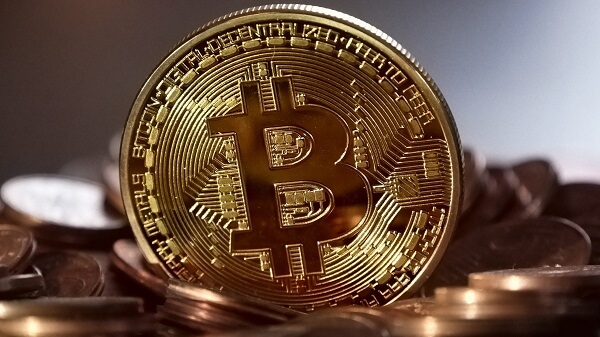
Bitcoin’s price history is full of tremendous highs and lows because it is unstable. In June of this year, it was worth close to $14,000. Bitcoin had a lot of strong competitors at this point, so it didn’t move on to the next round.
If Bitcoin had broken through that point of resistance in June, it would have almost certainly caused a buying frenzy in the market. Bitcoin bears lost a lot when the cryptocurrency didn’t do what it thought it would and dropped to a new low of more than $3,800.
Bitcoin tried again in October to break through this resistance point, but it couldn’t. The price of Bitcoin went over $14,000 on November 4 and kept increasing. This is important because Bitcoin’s next point of resistance will be its all-time high, which is now around $20,000.
Since Bitcoin’s previous all-time high of $20,000 is no longer a theoretical resistance point, many investors now hope that the cryptocurrency will be able to test or even pass that price point. Bitcoin’s old all-time high is no longer a theoretical resistance point. People’s guesses have caused the price of bitcoin to go up.
Even though there have been significant improvements in energy efficiency and a more diverse and sustainable mix of energy, Bitcoin’s energy use has increased by 41% since last year (YoY). Still, there are worries that the government could crack down on cryptocurrency mining if it keeps getting bigger.
The BMC said that the amount of energy needed to mine Bitcoin was “a small amount of the energy in the world.” This is because the report said that mining Bitcoin used 0.16 percent of all the energy made in the world. Almost as much energy is used as when you play games on your computer.
Also, 0.1% of the world’s carbon emissions came from Bitcoin mining, which the BMC thought was “negligible.”
Even though fewer blocks were being made and the price was going down, Bitcoin’s network hashrate went up by 8.34% in Q3 2022 and by 73% year over year. Because of this, Bitcoin had to use more power.
In the third quarter of 2022, bitcoin mining was 23% more efficient than at the same time the year before. Also, 59.4% of the electricity was made in a way that was good for the environment. This number was over 50% for the sixth quarter in a row. Last year, the network was 73% safer and only 41% more power-hungry.
On October 18, the European Union released a plan for the European Green Deal and the REPowerEU Plan. Both plans are meant to keep a close eye on crypto mining and how it affects the environment. Anyone can trade and earn in cryptocurrencies with More info
The European Union has asked its member states to cut the amount of electricity cryptocurrency miners use by taking “targeted and proportionate measures.” This is to make up for how much Russia’s energy supply has dropped. This idea has been used before, but not as often as it should have been.
As more people join the mining network, it gets harder and harder to mine the cryptocurrency. Another thing that is making Bitcoin go up is this. This means that making a single bitcoin costs more money. Bitcoin mining uses a lot of energy, so miners have to pay for it with money from their own country.
On the other hand, adding more hashing power to mining doesn’t make new supply come out faster. Instead, it just makes it harder to mine. The Bitcoin protocol says that a block should be found on average every 10 minutes. Recent studies show that the cost of making a bitcoin has been close to its price.